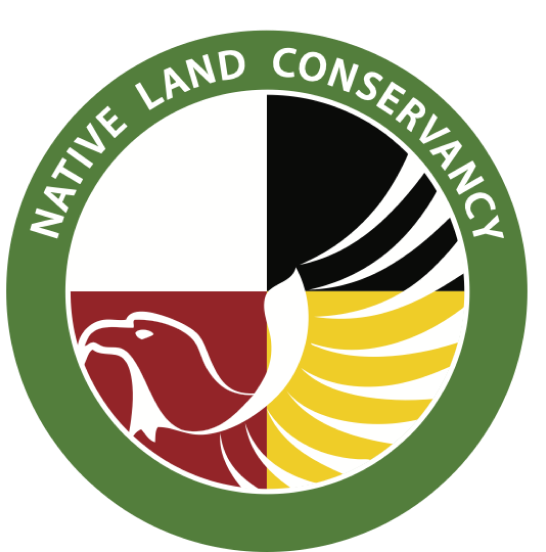Maskoke partnership sparks a national outlook
NLC is celebrating a new relationship with a small but growing village of Maskoke people who are a model for decolonization, language and cultural revitalization, and sustainable living.
Ekvn-Yefolecv (pronounced ee-gun yee-full-lee-juh) located in central Alabama, is home to a community of Maskoke who are restoring tribal traditional culture and lifeways by embracing everything from immersion into the endangered Maskoke language, to growing heirloom crops and matriarchal governance. They have also returned buffalo to roam the land and sturgeon thrive in their waterways. The eco-village where residents speak only Maskoke to each other is defined by its natural structures, sources of renewable energy and farmlands all designed to ultimately be off the grid.
“The like mindedness at Ekvn-Yefolecv is something that was refreshing to us,” said NLC President Ramona Peters. “Their vision is exactly what I envision for NLC to do. To create a safe and comfortable land space for our people to enjoy.”
Forced relocation in 1836 removed the Maskoke from Alabama and Georgia to Florida and Oklahoma. In 2018 Ekvn-Yefolecv was established to return the people and reestablish them in their traditional ways on their ancestral homelands.
According to the website, the eco-village, “Ekvn-Yefolecv exemplifies a departure from an extractive economy and engages a collective effort to bring healing to a long-abused Earth, as well as to an Indigenous People long inflicted by intergenerational trauma.”
Ekvn-Yefolecv founding member Marcus Briggs Cloud wrote of the need for the eco-village “It became spiritually evident that we needed to assemble an intentional community of like-minded Maskoke folks who are products of forced removal to return to our homelands for the purpose of committing to both biophysical and ceremonial stewardship of the land our ancestors cared for since time immemorial.”
When an opportunity arose to take title and protect a 775-acre parcel of land home to an endangered old growth longleaf pine ecosystem, they were eager to do so. It was land that required a conservation easement which could have been achieved with any number of land conservation groups but the Maskoke preferred to work with an organization with an aligned mission. Ekvn-Yefolecv was looking for a collaborator that would value indigenous culture and landscapes as they did. They found the Native Land Conservancy to be a perfect partner to hold and manage the easement for the forest that had been threatened by the logging industry.
The goal for Ekvn-Yefolecv is to preserve that land and its resources and wildlife for traditional hunting, foraging, and ceremonial uses for future generations.
For NLC that meant expanding the geographical boundaries defined in its articles of incorporation that had previously limited the organization to acquire and protect lands only in Massachusetts.
“We were happy to do that,” Ramona said. Who added that now that NLC has expanded to have a national reach she looks forward to helping other like-minded tribal groups throughout Indian Country.


